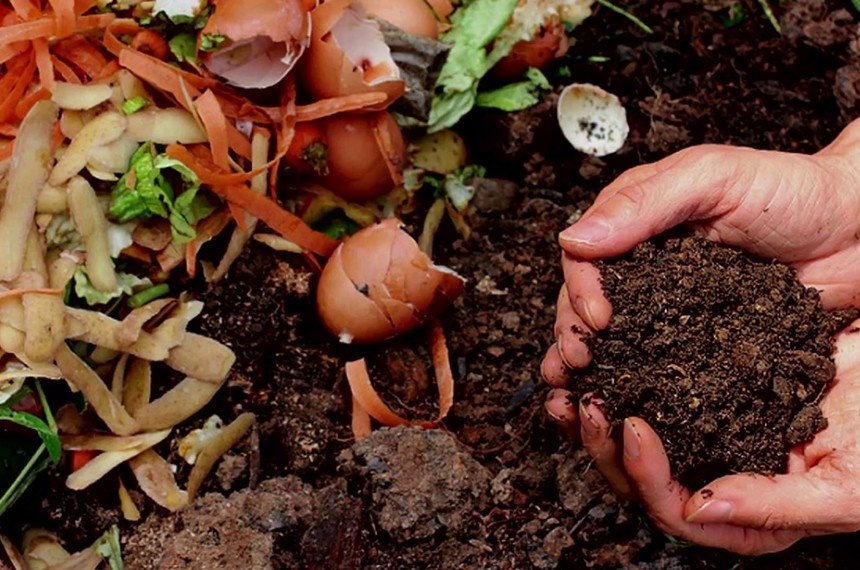
Food Recycling… Am I bothered?
In the UK, 15 million tonnes of food is wasted every year. That’s a big figure, and we can’t afford to keep going like this.
Why is this urgent? Moral reasons on world hunger are legitimate, but households need to understand the personal effect this can have. The UK could save £3.3 billion a year, equivalent to £60 a month per household. Moreover, it could also spare 4.4 million tonnes of CO2 in the air.
The UK has made great progress in reducing its food waste since the Household Waste Recycling Act in 2003. As part of an EU directive, the Act aims to increase household recycling rate to 50% of waste (currently at 45%). Food waste has decreased by 21% between 2009 and 2012. Great progress is hard to maintain – cue complacency. According to WRAP (a food recycling campaign group), progress has stalled. Between 2012 and 2015, food waste has fallen only by 5%. This has been caused by a fall in food price and rising incomes. To put it bluntly, people don’t care that much anymore.
The typical scapegoats, like the government or the multinationals, do not apply here. 7.7 million tonnes are wasted in our households (4.4 million tonnes deemed ‘avoidable’ – food that was gone past its use by date). We (companies and households) are all at fault here. That is why the Evening Standard reenergises the topic in late 2016. The newspaper is pushing supermarkets to donate 55% of their food surplus and promote recycling. Sainsbury’s has taken the lead. Although they only donate 8% of their surplus, they have undertaken innovative campaigns in households. In Derbyshire, they are piloting a programme of checking through household bins for food waste. They are also promoting food sharing apps.
A collaborative approach between supermarkets and households is the way forward. Food waste really does harm us. So, please bother to recycle.
Author: Xavier Lewis Rodriguez / Bridging to the Future

Follow us on